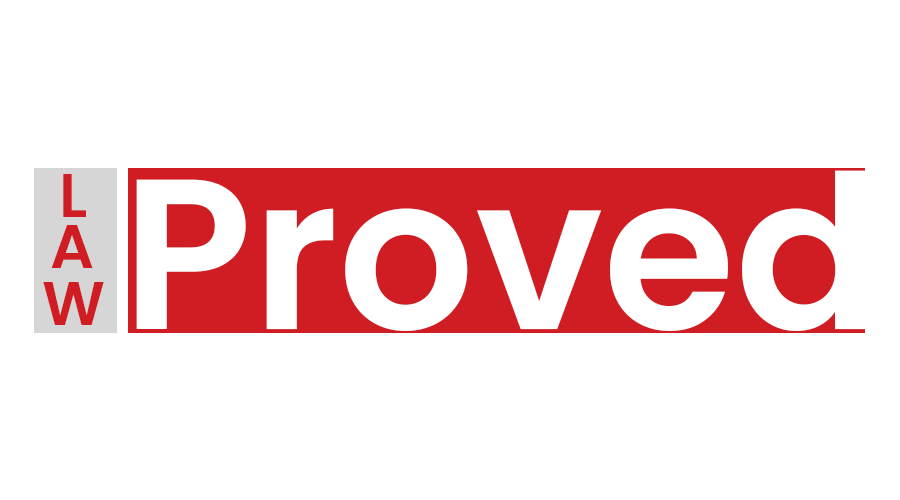Probate is a procedure that validates a deceased’s Will, and the Surrogate’s court supervises this procedure in New York City. After validating the Will, the court will find an administrator or executor overseeing the distribution of the deceased’s assets. Personal tenures, investments, real estate, and cash will be divided among the appropriate beneficiaries. The court will see the executor’s work to finalize the closing of the estate because the matter is now concluded. Many people need to learn about the estate and probate laws in New York and are likely to make a blunder, especially during probate. You should know the probate process from this post to prevent any costly mistakes.
When is probate necessary?
Small estate owners do not have to worry about probate as they can get away with a simplified form. However, owners of more significant estates can’t do the same, especially those left in their family, because if the owner dies without a will, the surrogate’s court will begin a complete probate procedure. The court will even appoint an executor to conduct the probate, complying with NY probate & estate laws. Once assets are distributed, the court will close the probate.
Different stages of probate are explained.
Probation is a complex process that requires intervention at every step. According to the NY probate laws, probate procedure is divided into different stages that are provided here:
Presenting the Will & naming an executor
The surrogate’s court undertakes the probate proceeding in New York City, and the chosen executor is summoned to complete the original Will with a death certificate of the deceased. The executor is also called a personal representative. If you leave a personal representative in your Will, the court will interfere. Anyway, this executor will file a probate petition, and the court will authorize the person to complete probate proceedings.
Settling estate matter
The executor appointed by the court will categorize the deceased’s assets, such as financial details, accounts, investments, and personal properties. However, the court will protect the inventory after the executor’s appointment. Per NY probate & estate laws, beneficiaries will be notified of the probate proceedings after the court possesses the inventory. As a personal representative, the newly appointed executor will clear the deceased’s outstanding debts and take care of administrative matters. Debts will be removed before handing over the estate to the beneficiaries. The executor will also file a Federal Estate Tax Return and a Federal income tax return for the deceased so beneficiaries do not have to do it.
Estate closing
If the appointed executor successfully clears all outstanding debts, fees, mortgages, and taxes – with the court’s permission the personal representative will distribute deceased assets evenly to his beneficiaries according to the Will. After concluding these matters, the executor will file a closing statement to the court and provide evidence of probate settled. The court will recheck and then approve the closing of the probate. According to NY probate & estate laws, probate can take some time, especially when contestants object to this matter in court. To fully understand the probate process, you must consult with a recognized Brooklyn estate lawyer and take the necessary steps to participate in a not well-drafted Will, but make sure you have blood relation with the deceased to stake your claims.
